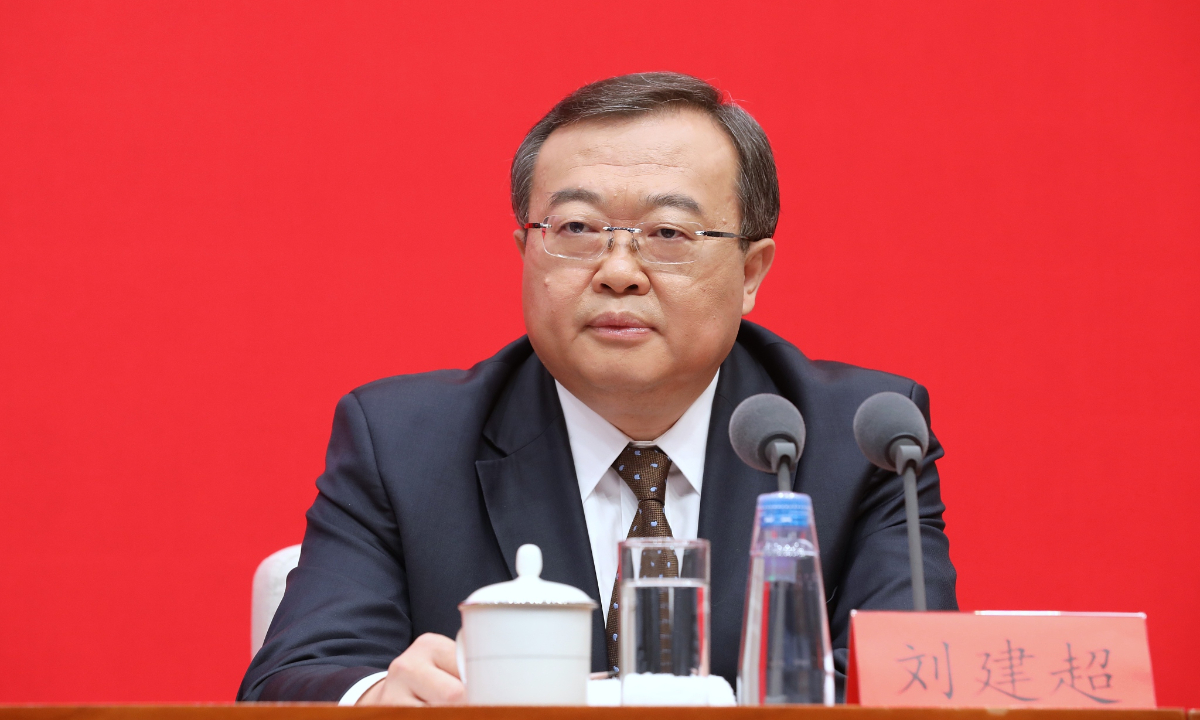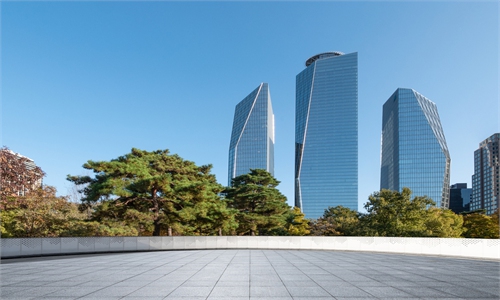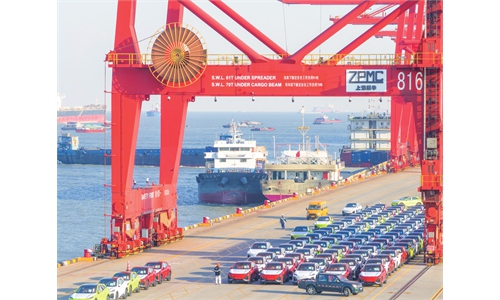Senior CPC official reportedly to visit Japan, a 'proactive action from China to stabilize and improve ties'

Liu Jianchao Photo:VCG
Liu Jianchao, Minister of the International Department of the Communist Party of China Central Committee, is reportedly scheduled to visit Japan later this month to meet with ruling and opposition Japanese officials, at a time roughly coinciding with the reported trilateral leaders' meeting between China, Japan and South Korea.
Such high-level exchanges between the parties and governments of China and Japan will help improve and stabilize bilateral relations, Chinese analysts commented on Monday. Meanwhile, Japan, in recent years following or actively cooperating with the US in containing China, is urged to strengthen the management of differences, and return to the track of dialogue, cooperation, and exchanges with its Asian neighbor.
Japanese media outlet Kyodo News, citing sources, reported on Saturday that Liu plans to visit Japan later this month to meet with ruling and opposition officials and possibly Japanese Foreign Minister Yoko Kamikawa as early as May 27.
This will be Liu's first visit to Japan after taking his current position in 2022, Kyodo noted.
Liu's potential Japan visit will be a proactive action taken by China to stabilize and improve bilateral relations, as well as to implement the political consensus reached by the leaders of the two countries last November, Xiang Haoyu, a research fellow at the China Institute of International Studies, told the Global Times on Monday.
The trip would also come as China, Japan and South Korea plan to hold a trilateral leaders' meeting later this month in Seoul, Kyodo reported.
According to Xiang, considering the sphere of differences between China and Japan, such high-level exchanges can play a very important role in improving the political mutual trust between the two countries, influencing public opinion, and creating a more positive atmosphere for cooperation.
Also under the spotlight during Liu's reported Japan visit is whether the two sides will talk about the resumption of the China-Japan ruling party exchange mechanism, which has stalled since 2018.
Chinese analysts said the mechanism, an irreplaceable and unique channel that complements government-to-government exchanges, has played a very important role in the development of China-Japan relations in the past.
However, in recent years, Japan's perception of China and its China policy have undergone a negative shift, affecting political and security mutual trust between the two countries, as well as public sentiment, analysts said.
High-level exchanges and cooperation in various fields have been affected, and the overall momentum of recovery of such exchanges has been unsatisfactory even after the pandemic, they said.
Liu's Japan trip would be a good opportunity for the two sides to promote the resumption of the China-Japan ruling party exchange mechanism, Xiang believes.
"If it can be restarted, the mechanism will play a very positive role in promoting high-level party-to-party exchanges and mutual trust between China and Japan, as well as in increasing exchanges on each other's core interests," Xiang stated.
Also, Kyodo News noted that the potential visit comes as the two countries seek dialogue on issues of concern, including China's recent total ban on Japanese marine products in protest against the dumping of nuclear-contaminated water from the crippled Fukushima nuclear power plant.
Chinese analysts revealed that the two countries have been in communication over the issue, which could also be discussed by both sides during the visit.
But as it is a party-to-party communication and does not represent the two governments, this issue may not be a major topic on the agenda, Xiang believes.
Despite the possible Japan visit and the China-Japan-South Korea leaders' meeting in Seoul, Xiang is cautious about the development of China-Japan ties, given that Japan sees China as an unprecedented challenge in terms of security, economy, and technology, and closely follows the US in suppressing China.



